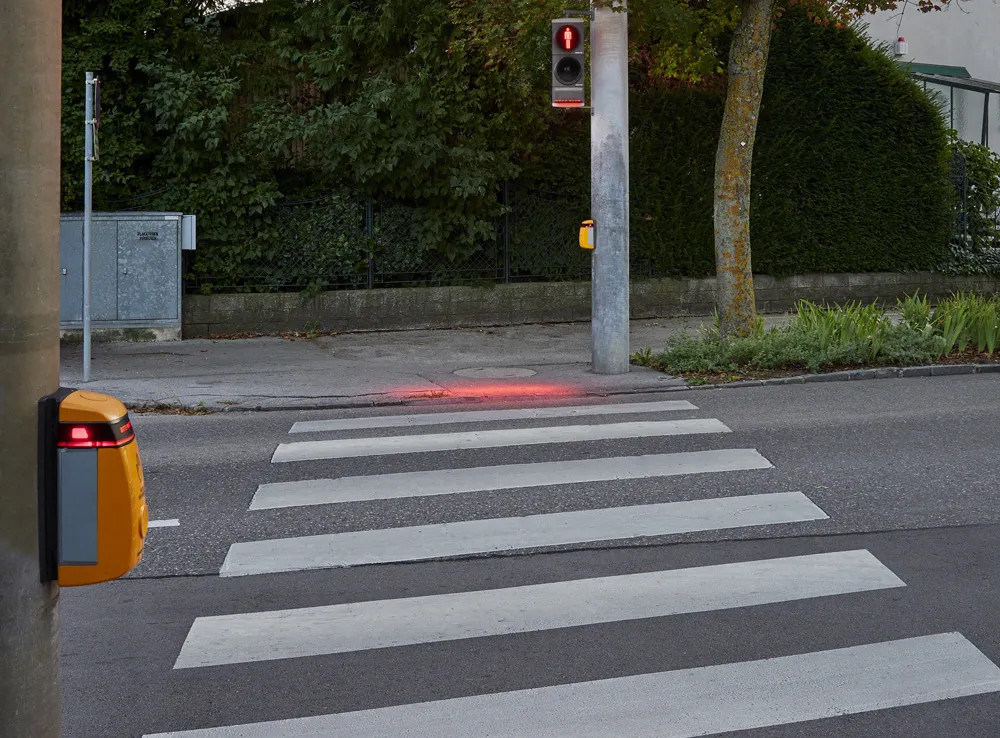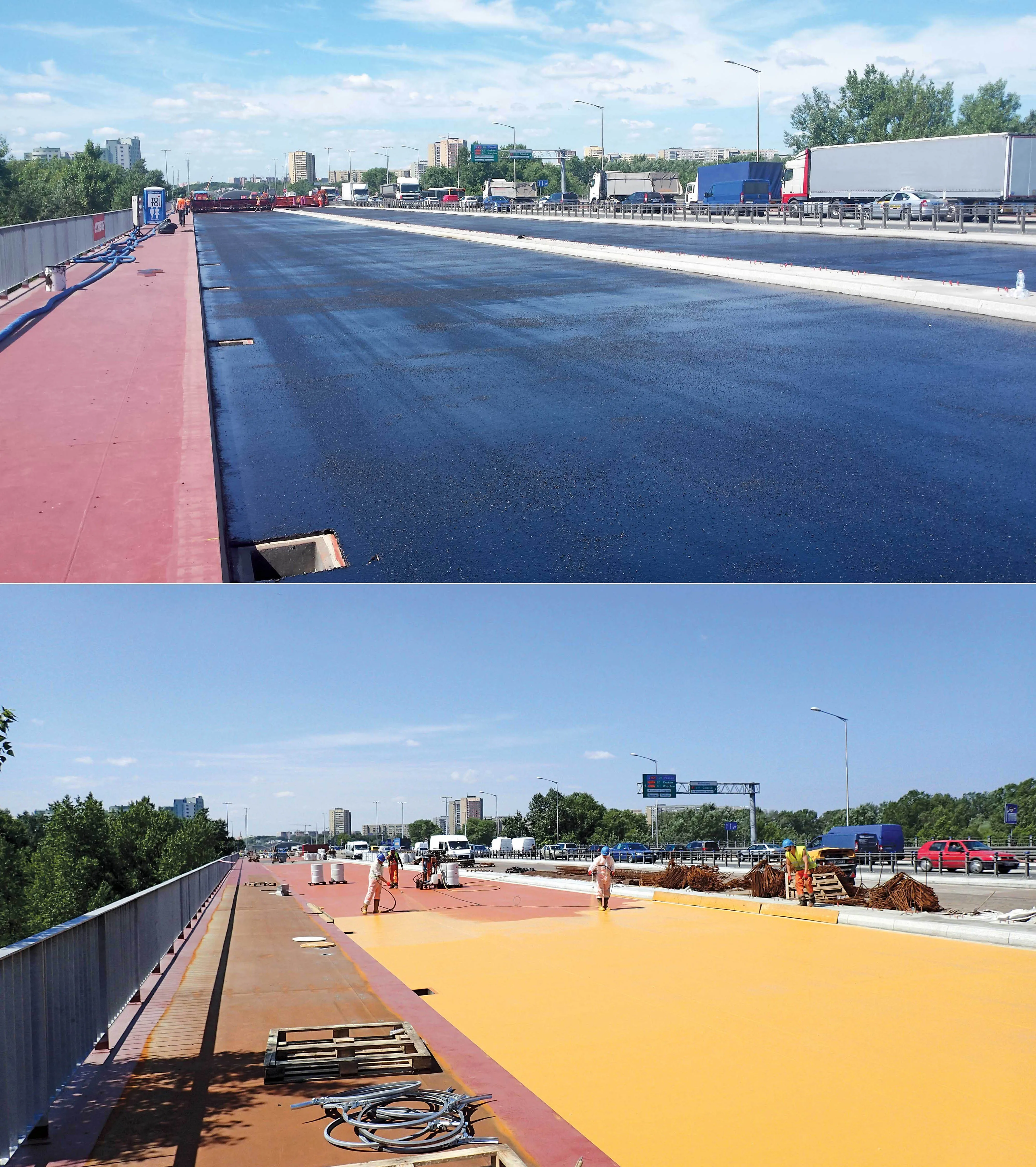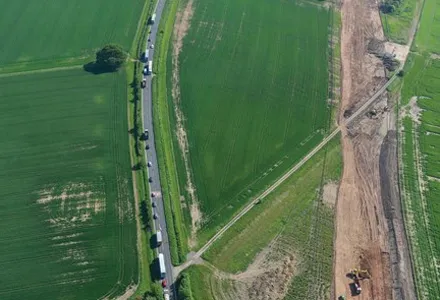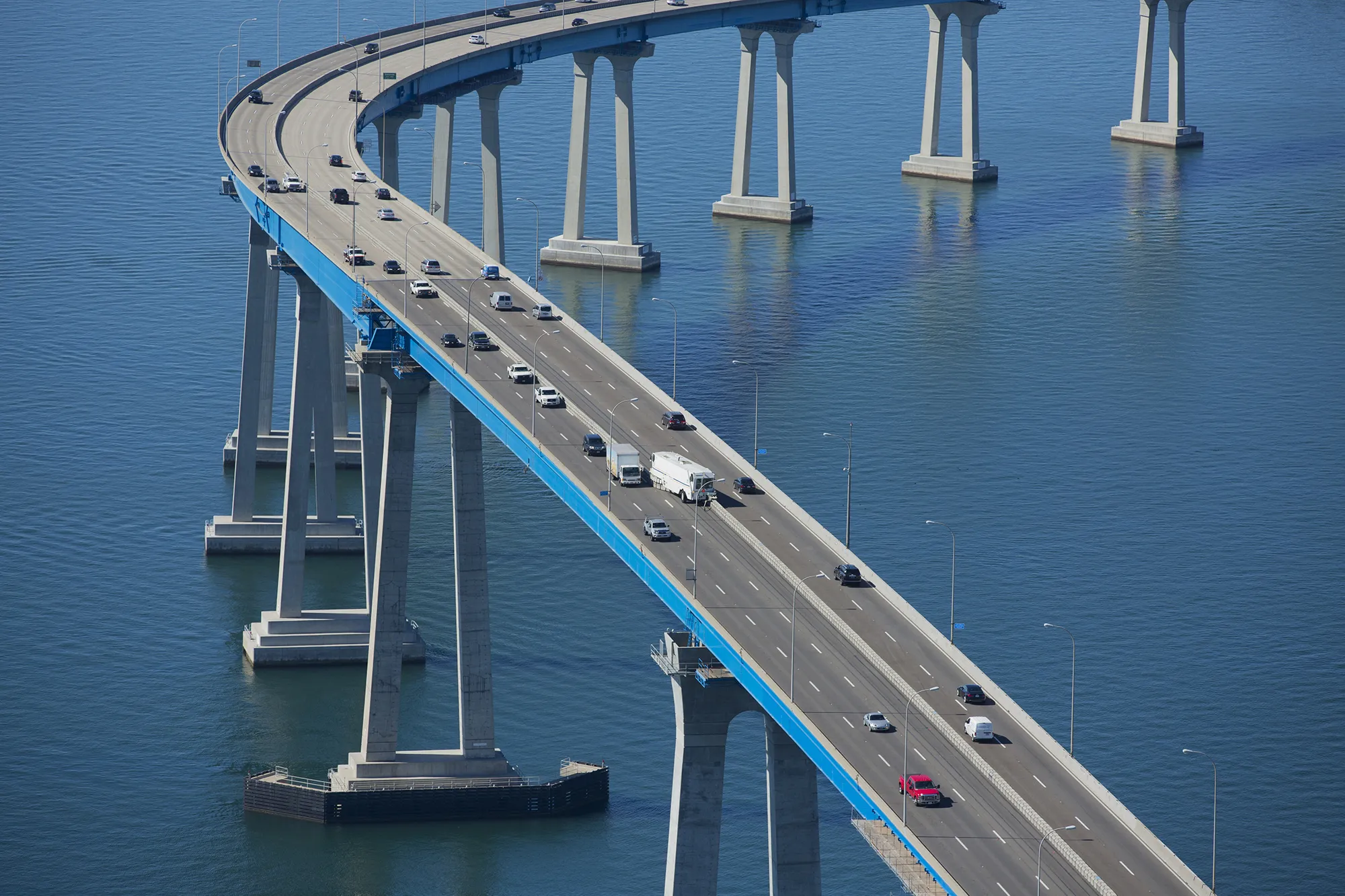All motorised vehicles are now barred from entering two of the busiest streets in Indonesian capital Jakarta for five hours every Sunday morning as part of a city-wide bid to cut pollution levels. The ban covering Jalan Sudirman and Jalan Thamrin between 6 am and 11am each Sunday began on Sunday 13 May, 2012.
May 17, 2012
Read time: 1 min
All motorised vehicles are now barred from entering two of the busiest streets in Indonesian capital Jakarta for five hours every Sunday morning as part of a city-wide bid to cut pollution levels.
The ban covering Jalan Sudirman and Jalan Thamrin between 6 am and 11am each Sunday began on Sunday 13 May, 2012.
The ban covering Jalan Sudirman and Jalan Thamrin between 6 am and 11am each Sunday began on Sunday 13 May, 2012.









